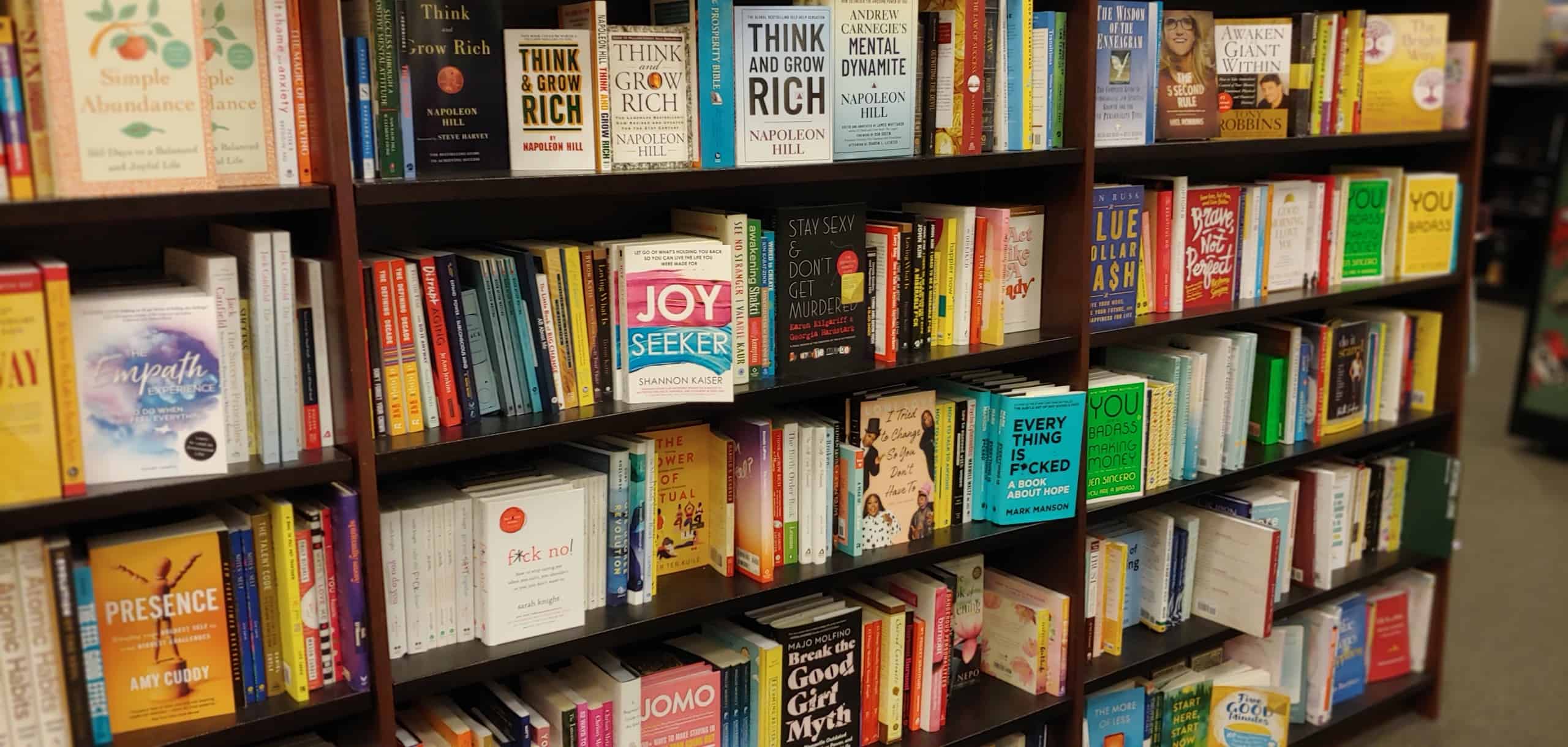Confirmation bias is the tendency to search for, interpret, favor, and recall information in a way that confirms or supports one’s prior beliefs or values.

Why do folks shun thinkers and writers who are deemed not to be in line with one’s religion?
Not because thinkers and writers are a bad influence, but because folks are afraid that what they may read will actually make sense to them. That would complicate life too much.


Come on, Yoda. Don’t try to be so smart. Everyone knows that…
Come on, Dasein. Give Yoda a break.

Yes, please, thanks. There is a thing called confirmation bias. We lean on sources that we know will confirm our views. It is natural, I suppose. Who wants not to be confirmed, be liked, be agreed with, be approved of most of the time.


Thanks, Yoda. So, it is ok for me to read Schopenhauer?
Yes. But you need to also know that reading new material, philosophical, psychological, or political, might cause an adjustment of loyalties in your life. So, discuss that with those partners who might be most affected by your attitudes. It can be hard to tolerate for them.


What do you mean, I do not understand?
Well, most folks live within bonded relationships, that is, they are married and perhaps have children and all. Loyalties are what underlie these bonds, including religious bonds. You must be loyal to the maintenance of your dependent’s well-being. If you cannot because of the adoption of a new, different outlook on life, it might be a problem.

So, read whatever you are inclined to, but be prepared to not abandon your dependents.


Well said, Yoda.
The author of this blog, Tom Froehlich, is a graduate of the Unification Theological Seminary (Class of ’83) and is infatuated with musing about the phenomenon of lasting erotic love in human affairs.




